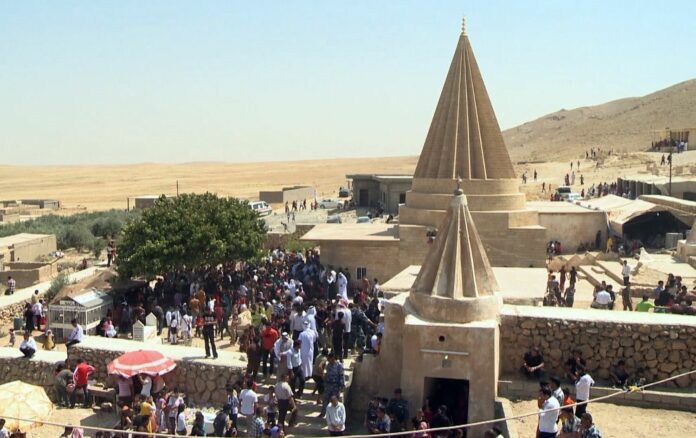Since the fall of the Ba’ath Party regime in 2003, disputed areas, particularly Sinjar, under article No.140 of the Iraqi Constitution, Sinjar has been a point of dispute between the Central Government of Baghdad and Kurdistan Regional Government. which has negatively affected its economic and social progress, although it is a strategic area, rich in many resources, whether natural resources such as oil, agricultural lands, or tourist attractions.These security and administrative problems have created a wide gap that has led to the control of ISIS and the extermination of Yazidis. This requires a new regulatory framework through which these crises can be addressed, perhaps by making Sinjar a federal conservative, launching economic projects, and strengthening international efforts. However, internal, regional, and international conflicts limit the possibility of achieving this regulatory framework.
(Sinjar) is an Iraqi city located in the northwestern, located near the borderline with Syria, 125 kilometers from Mosul, the center of the Nineveh Governorate. The population of Sinjar is about 400,000. The Yazidis population is about 85% -86% with Sunni, Kurdish, Shia, and Christian Arab minorities. It is an important strategic area for Iraq, linking Iraq to the Sham countries, and the Arabian Gulf to Turkey and northern Iraq via the International Silk Road. The Sinjar region is rich in its natural resources, especially oil, which has not yet been invested, as well as dozens of water springs and valleys, which make up a large proportion of the water that reaches Lake Tharthar. As for agriculture, Sinjar areas are known for growing wheat, barley, figs, tobacco, oak, tomatoes, cucumber, eggplant, onion, etc. In terms of the location of the strategic mountain, which is approximately 1465 meters above the Earth’s surface, it is considered a dominant site in the region.












